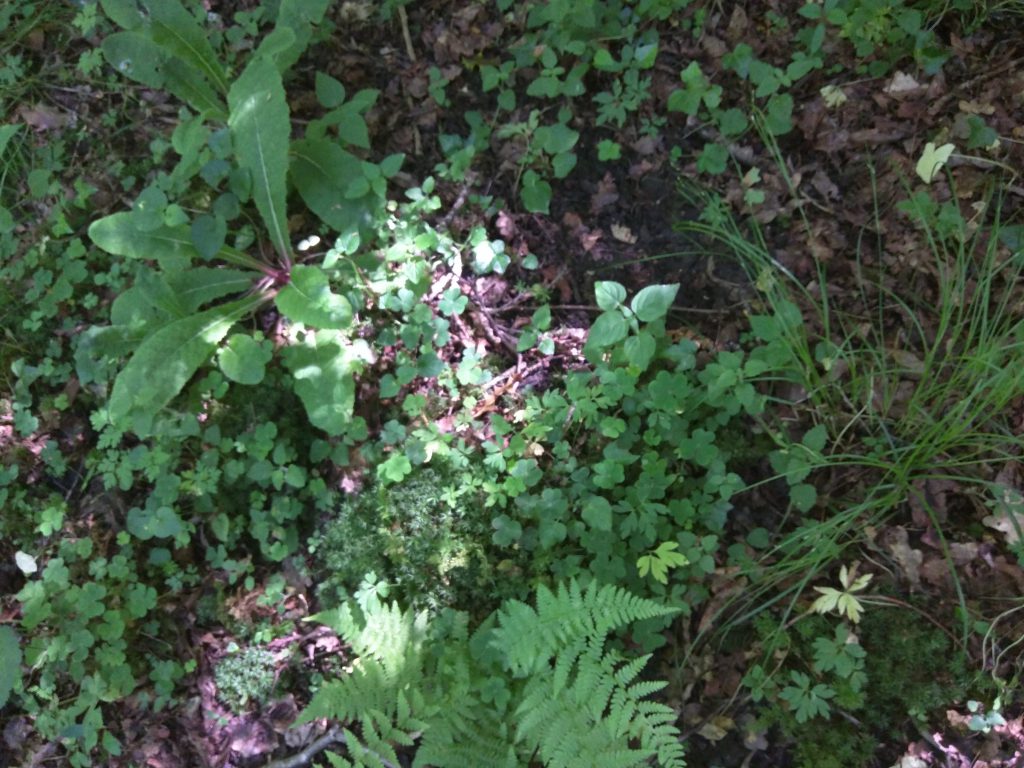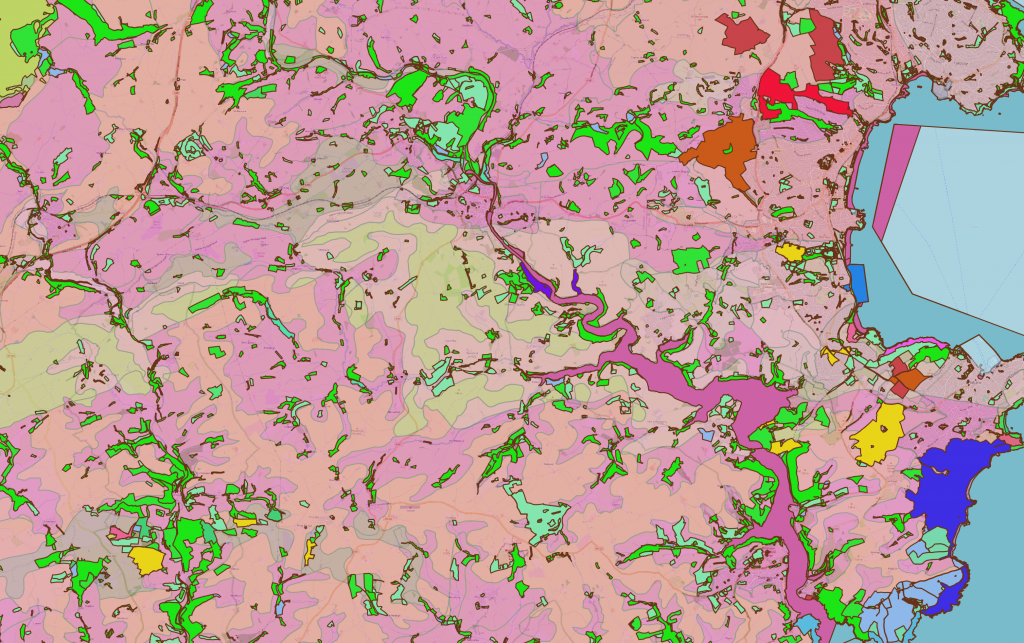Devon Biodiversity Records Centres two Survey Officers Phil Sansum and Alex Worsley, recently underwent the nationally recognised Field Identification Skills Certificate (FISC) test, which is designed to determine your botanical skill level on a scale from 1 to 5, with 6 being awarded in only exceptional cases. This test is now established as the industry standard for assessing botanical survey skills across the private, statutory and conservation sectors.
The aim of the FISC is to measure your skills in real-life situations, testing your long-term botanical ability on a wide range of plants, not your short-term memory. Both were awarded level 5, which is the standard required to deliver professional plant ID courses to other professionals. DBRC runs one of the largest habitat monitoring schemes in the country, and offers survey training to ecological consultants and individuals from other conservation organisations. Considering their role in the county, manager Ian Egerton was pleased to see Alex, one of DBRCs former trainees, be recognised at such a high level. Which is testament to his hard work, dedication and passion for botany, and with Phil missing level 6 by only a few points, DBRC continue to promote high standards of in field survey within Devon.

